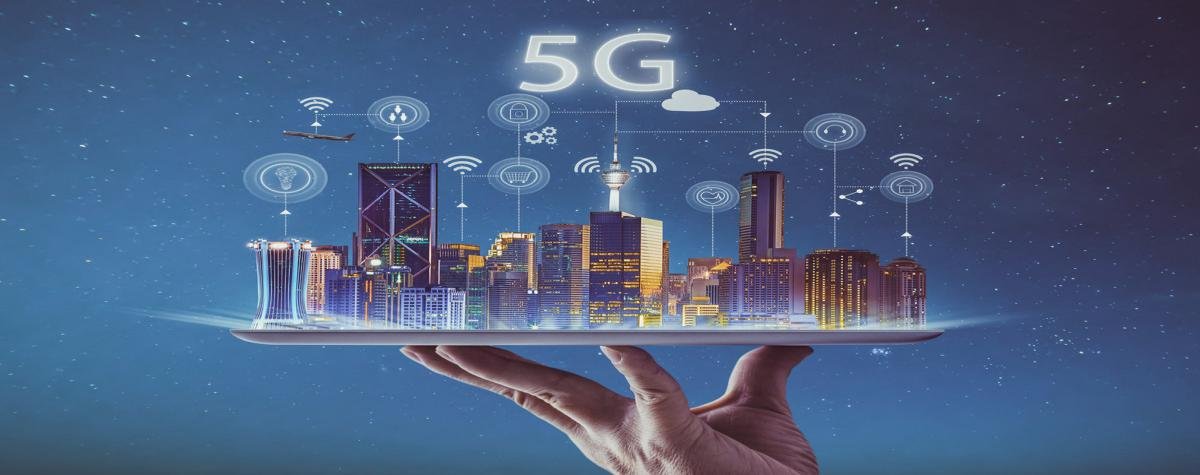What is the role of an antivirus?
This question may sound silly, but today’s antivirus is no longer the same as the one we knew in the early days of computing. As its name implies, an antivirus aims to detect viruses and neutralize them before they penetrate and contaminate the system.
From anti-virus to anti-malware.
Indeed, antiviruses have been forced to evolve, not content to eradicate only viruses. It had to adapt to the new threats that appeared in the following years: worms, exploits, trojans … All these threats are part of what is called malware or malware. Malware includes viruses, worms, Trojan horses, and other threats.
To protect computers from these new threats, antivirus software has evolved to act as both anti-virus (yes, I swear) and anti-spywares, anti-rootkits, anti-virus trojans … They are now called anti-malware, although many of them keep their appellation of origin “anti-virus”, more commercial.
or further in the protection.
Some antiviruses also have:
A web agent that analyzes in real time the data transferred when you surf the web: the agent blocks access to websites in the blacklist of the software publisher and blocks the download and download executing malicious scripts. An email agent that blocks spam and phishing emails. A firewall; A sandbox that allows software to run in a secure environment without the risk of infecting the system. An automatic software update tool. A VPN that encrypts the Internet connection. From a secure password manager.
No antivirus is perfect.
Are our antivirus so invincible champions that do not let anything pass? Unfortunately no ! Viruses and other malware mutate, evolve constantly and are always one step ahead. It is always up to antivirus to adapt to new infection techniques.
No antivirus is waterproof! So there is no “best antivirus”, the holy grail so much sought after by many Internet users. It must be assimilated. Each antivirus has its strengths and weaknesses, they are all more or less effective in the detection of malware, the ability to neutralize them, to block phishing websites, to have a measured impact or even on the performance of the system …
There is no antivirus that surpasses all others despite the words of some fanboys that abound on the internet (antivirus fanboys I assure you, it is possible!).
Which anti-virus software to choose then?
From the reports published by independent laboratories that test antivirus software for Windows, here are the antivirus that I advise you:
Antivirus free or paid?
It all depends on the environments in which you want to be protected.
For example, Avast Free Antivirus does not offer sandbox or spam protection, unlike its paid counterparts; also, and it is more embarrassing, it does not offer a firewall which is however an indispensable element of protection (see the next chapter). Nevertheless, the level of protection it offers against malware is identical to the paid antivirus.
In other words, Avast Free Antivirus is sufficient if you install parallel real firewall software like ZoneAlarm Firewall. Paid antivirus has the advantage of combining both, which is more practical in everyday life. ?
Whatever the antivirus you choose from the list above, your system will benefit from enhanced protection against all forms of malware from the Web. ?












